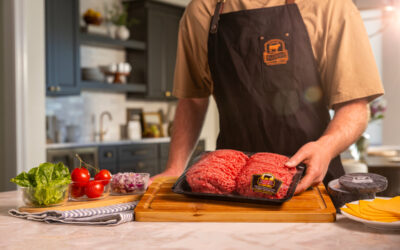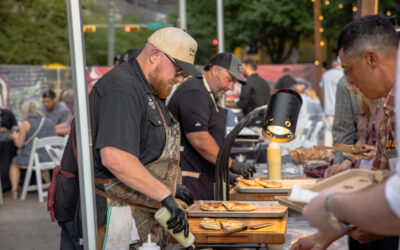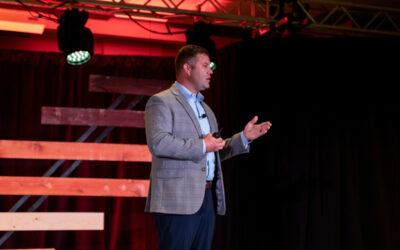
A license to sell, part II
“Over the last 15 years — and longer really, but very systematically over the last 15 years — we’ve gone in to make sure the product is available in every single state and every single major and medium-sized market in the country. To make sure that there wouldn’t be any place that wouldn’t have some form of Certified Angus Beef distribution on the food service side,” Mark says.
Exceptionally large markets, like New York City for example, have multiple distributors.
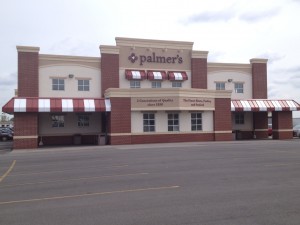
When statistics tell us it’s time to add distributors, it’s a far-from-random process. Mark says we’ll examine which distributor or distributors are in that market. If there’s more than one, the brand wants to make sure it is making the right decision. They even conduct interviews to make sure they’ve found the best fit.
Once a distributor is chosen to be a licensee, it’s time to prepare them to sell the product. We set up a number of training opportunities for their sales and management teams, including an orientation at CAB headquarters in Wooster. The trainees learn all about the 10 specifications and other facts they’ll need to market the brand.
It’s important that they’re beyond prepared, especially with today’s economy.
“Our licensed sales people go in and call on those restaurants and the first thing they hear is, ‘I’m struggling to survive and you’re asking me to increase my expenses when I’m struggling to reduce my expenses.’
“The reply that salesman hopefully is qualified to give would be, ‘I understand it’s going to cost you a little more for Certified Angus Beef, but it’s going to create a better dining experience that’s going to drive more people to your restaurant, not fewer.’ Then we have to give them information that will back that claim up,” Mark says.
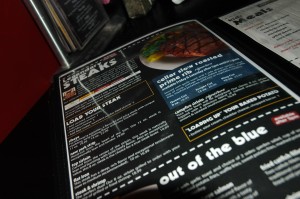
To do that, they sign an agreement that says that they will buy Certified Angus Beef. They have the option, at no charge, to be able to use the logo and name on their menu. The only stipulation is that they continue to buy the product. If, at any time, they decide to no longer buy the product, they have to remove the marks from the menu. This is an important provision because the last thing we want is someone featuring the brand on their menu and then serving an inferior product that would wrongly be associated with our brand.
Stay tuned tomorrow to learn more about international licensing. And if you missed yesterday’s post on retail, catch it here.
You may also like
Success, Despite Challenges
Today’s market is complex and competitive. The collective effort of stakeholders across the supply chain positions Certified Angus Beef to meet the record demand for premium beef moving forward. Signals across the beef industry are clear and Angus farmers and ranchers seeking high-quality genetics that deliver premium beef are producing a product in high demand.
Keep the Supply Coming
A record-high 800 registrants from 17 countries gathered in Austin, Texas, to learn more about CAB, become inspired by the culinary work of chefs and pitmasters, and celebrate sales and production success. But at the forefront: supply and demand, a reflection of the chaotic past year, and preparing for what’s ahead.
Consumer Demand, Power of Quality
Demand for high-quality beef persists. But with that demand comes challenges. From tight cattle supplies to higher costs and increasing pressure on retailers to deliver a consistent eating experience, the pressure is on. David O’Diam, CAB VP of retail, addressed the current retail beef environment, highlighting both opportunities and challenges in today’s marketplace.

